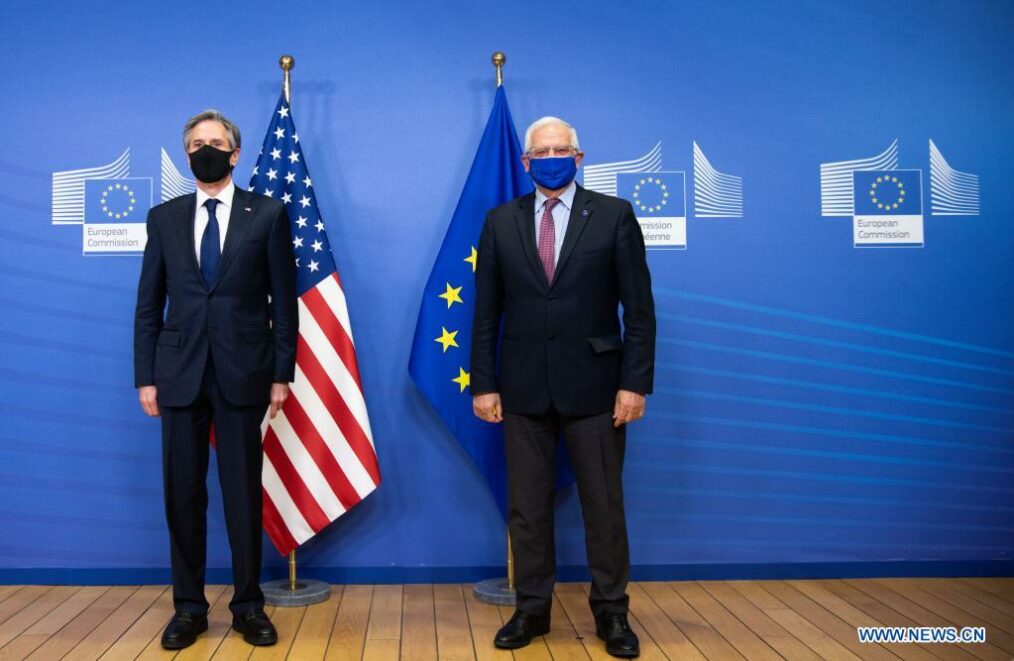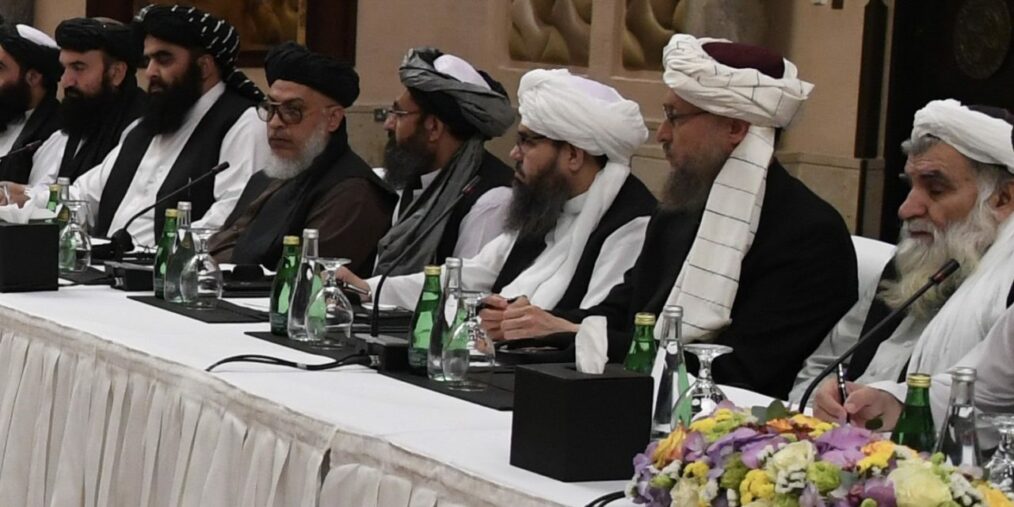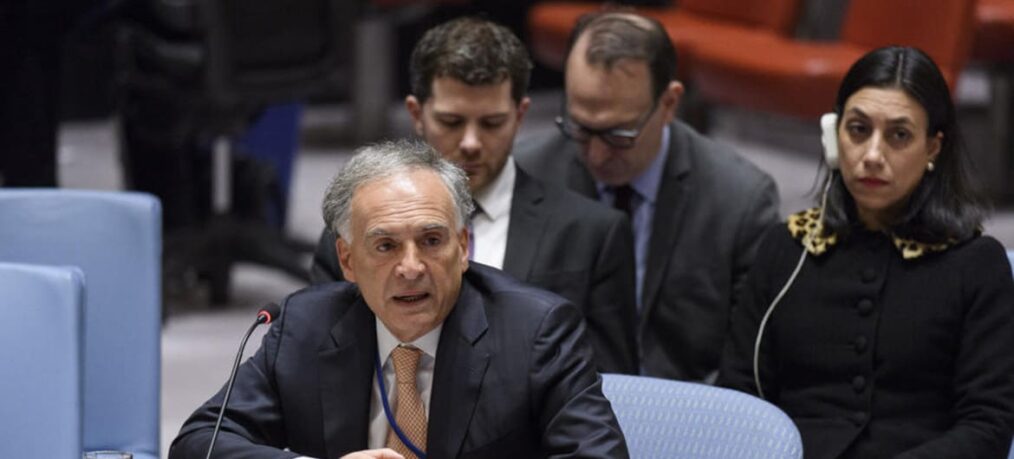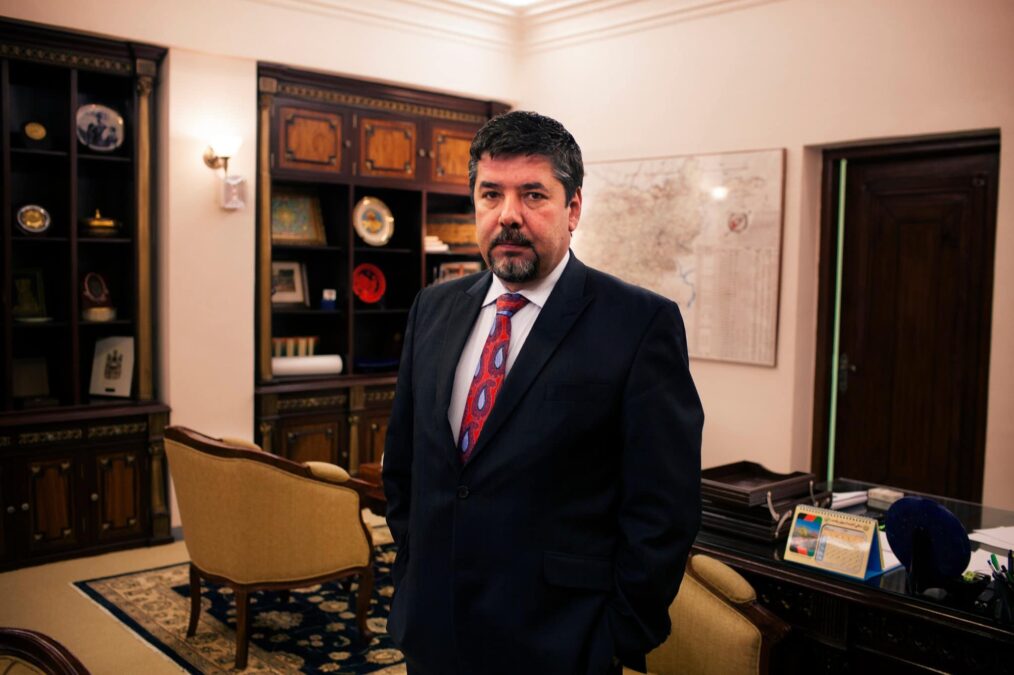Since 2001, the European Union (EU) has shown its interest in Afghanistan, resulting in 4 billion Euros provided in aid. This has made Afghanistan the largest beneficiary of its development assistance. The EU’s interest in Afghanistan has both a humanitarian element and the interest in reducing the root causes of its migration flows. These migration flows arise as a result of the security situation, the political instability and the economic crisis.
EU Development Aid In Afghanistan
The EU’s recent strategic objectives for development aid within Afghanistan, were defined by the 2014-2020 Multiannual Indicative Programme. The programme focused on three main priority sectors: the creation of peace and stability, the fostering of economic growth and the provision of social services.
The EU still shows a strong commitment to the establishment of peace in Afghanistan. The long-term intentions of these commitment was reaffirmed by the EU’s support in Afghanistan for peace and stability. In January 2021, Ms. Urpilainen, the European Commissioner for International Partnerships, assured Mr. Atmar, the Minister of Foreign Affairs of Afghanistan, of the European Union’s firm support to the continuation and success of the Afghan peace process.
The EU’s Role In Afghanistan’s Peace
According to the European Union, the signature, on 29th of February 2020, of the agreement between the U.S. and the Taliban and the parallel Declaration between the Government of Afghanistan and the U.S, already lay the foundations for the settlement of an Intra-Afghan Peace negotiations in order to find a just and durable solution to the conflict.
The EU stresses the importance of reaffirming a strong support for an Afghan-owned and an Afghan-led peace process. It supports that the peace process should be owned by Afghans. Including that international partners should have to respect Afghanistan’s sovereignty and independence during peace negotiations. The EU highlights the crucial role of the Taliban and the Afghan government in the establishment of peace. It also creates a space where the mutual ceasefire between the actors. And acts as a highly relevant confidence-building measure between the two sides.
Challenges
The European Union stresses the importance of inclusivity within the peace process. This inclusivity includes all political factions, minorities, civil societies and women are meaningfully represented. The representation of all in Afghanistan would ease the peace process and would support grievances and promote reconciliation. For this, the EU calls on all stakeholders to put above all other considerations the interests of the nation.
The European Union stands ready to facilitate and promote the settlement of the peace process. But it also believes that the peace-making negotiations should be held not forgetting the achievements of the former years. These achievements are specifically important in the areas of social and economic development, human rights protection and freedom protections for all Afghans, with special consideration on women.
It is only in this way that the democratic foundation of a peaceful and prosperous Afghanistan. The EU also places importance on the reintegration of former fighters, their families, and the victims of conflict in Afghanistan.
Recommendations
To achieve peace in Afghanistan, the European Union is working with all parties. The meeting on the 24th of March in Brussels between the High Representative of the EU for Foreign Affairs, Josep Borrell Fontelles, and the US secretary, Antony Blinken, has showed a strong willingness of cooperation between the US and EU. In fact, Roland Kobia, the EU Special Envoy for Afghanistan, has twitted “EU and US intend to intensify cooperation on Afghanistan to advance the peace process & ensure its long-term stability/prosperity”. The cooperation of these two international actors is a positive sign for the creation of an enduring peace in Afghanistan.





